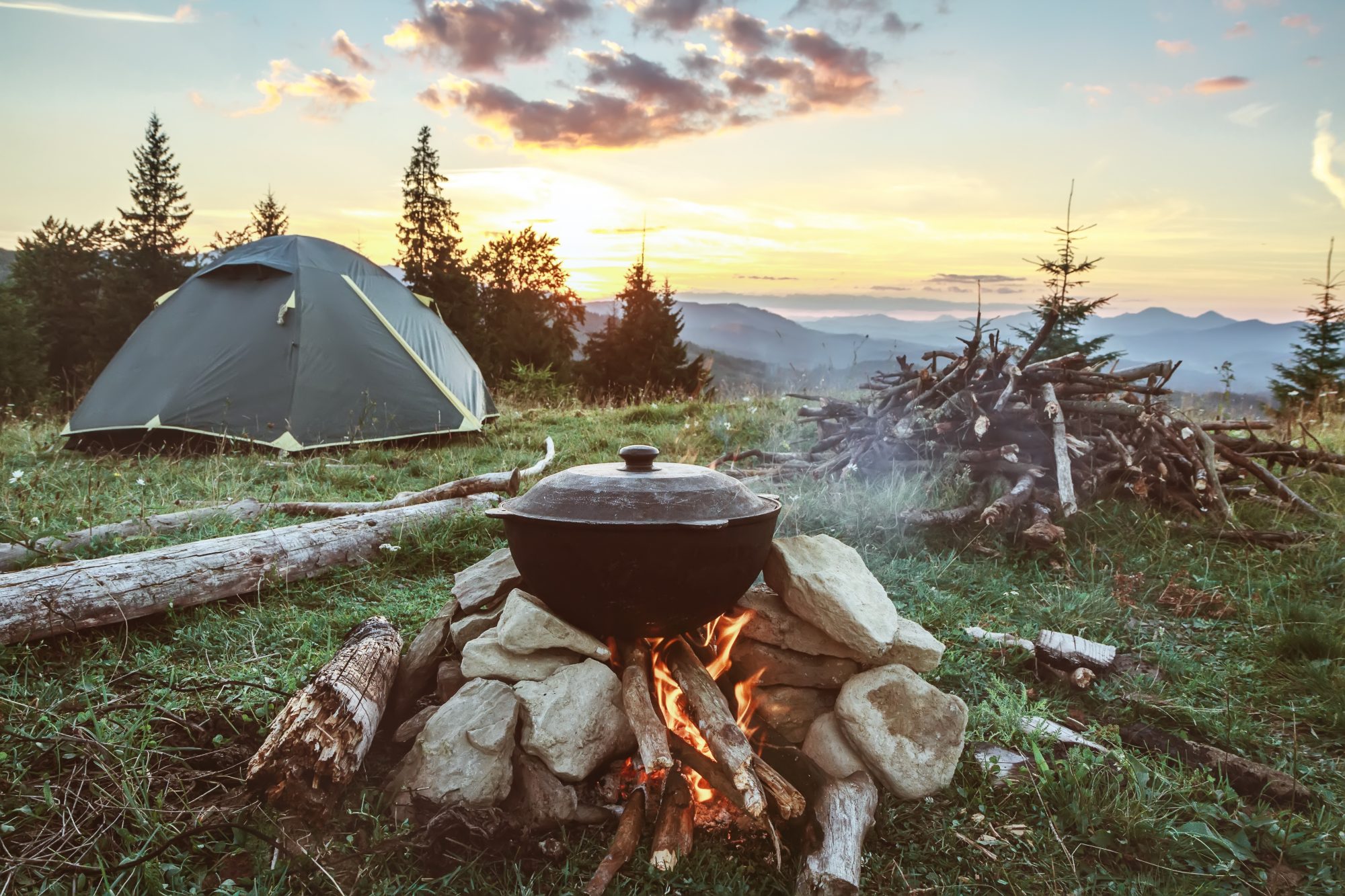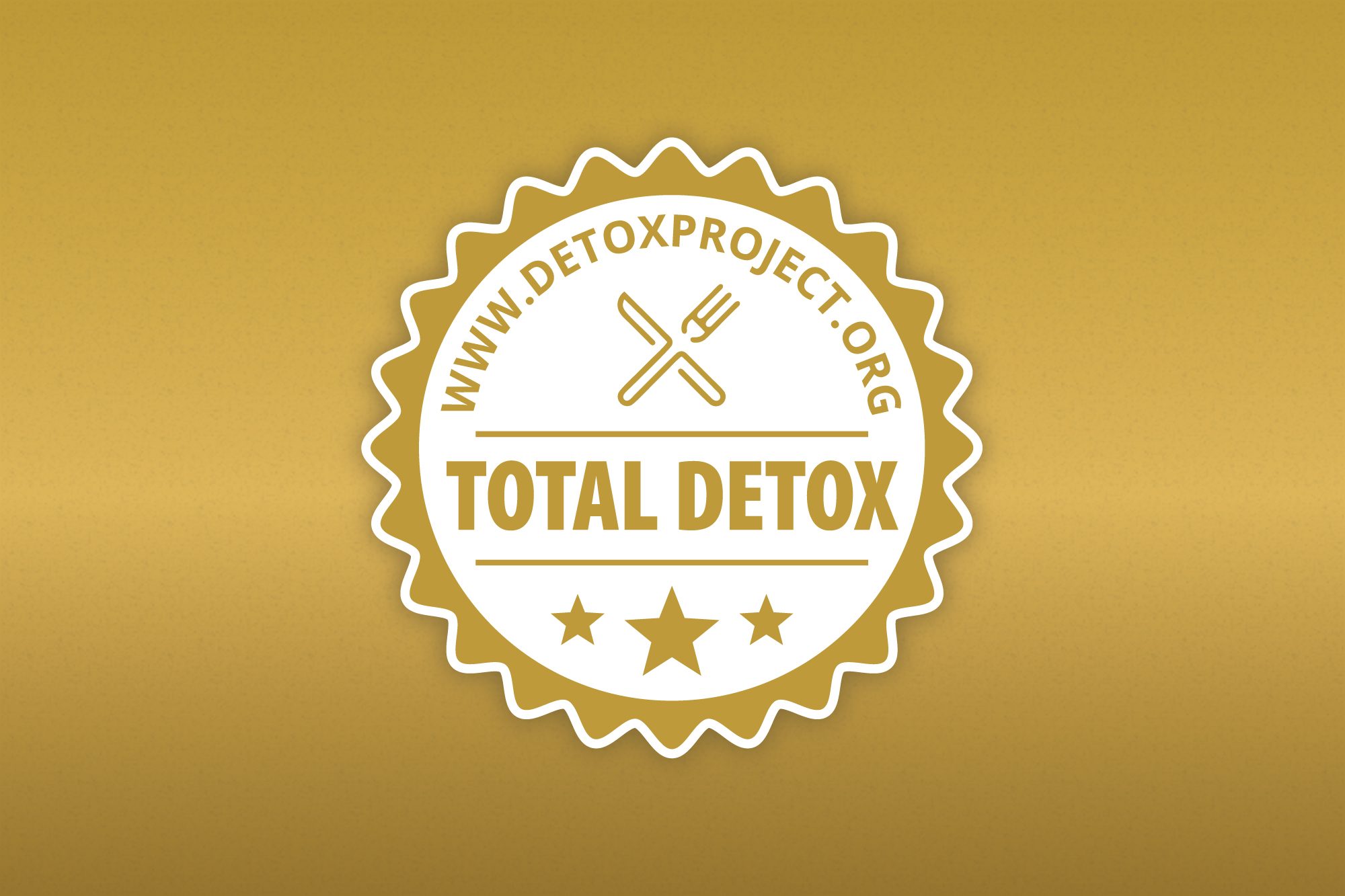As more and more natural disasters make headlines, we can’t help but ponder the strength of humankind and what we are capable of when put in a state of survival.
As people have fled their homes due to the eruptions, disaster-preparedness groups and local heroes have sprung into action.
…And not just for people’s safety.
Local heroes at a Red Cross in Pahoa, Hawaii opened their doors for pet owners and pets alike to have a safe haven. From dogs to pigs, the organization is helping to ensure safety.
Their heroism even extended into the lava-filled environment; searching for pets left behind.
One volunteer relayed the story of how the Pahoa chapter saved sheep and goats that were stuck between a fence and flowing lava.
Reading courageous stories like this reminds us that in order to save others, we need to be healthy, strong AND be able to save ourselves first.
One way to keep ourselves safe during emergency and natural disaster is making sure nutrition is being given a priority.
Have you thought about what nutritional needs must be met to ensure survival? Or are you depending on those old canned goods you have in your pantry?
We’ve done our research and here’s a list for you to keep in mind:
How You Should Store Your Food
Before we dive in to nutrition-talk, it’s important to remember what and how you’re supposed to store when preparing for a disaster.
The Center For Disease Control and Prevention (CDC) recommends storing food:
- With longer shelf-lives and expiration dates
- That can withstand locations from 40 to 70 degrees; in a cool, dry and dark place
- That requires little to no cooking or refrigeration
Makes sense, right? Products that can last long without spoiling are great because they can be stored in preparation, but can also sustain you when access to markets are sparse.
So, now let’s get to the nitty-gritty. What are some important nutrients needed for survival?
Your Body’s Fuel
Protein
Did you think protein is just meant for exercise-enthusiasts? Nope!
Think of protein as one of the most important important puzzle pieces in your body. Without it, the whole picture would not be complete.
This nutrient helps fix cells and even produce new ones. When protein breaks down in the body, it helps create amino acids. These acids are integral to regular maintenance of muscle tissue, skin and body processes, such as the digestive cycle.
While some people believe meat-consumption is the only way to ensure proper protein-intake, plants can do the job, too!
During times of crisis, a healthy protein balance ensures vitality to carry on.
Vitamins and Minerals
Vitamins are a no-brainer. Specific vitamins target the health of specific body functions, keeping the body properly balanced. Vitamins will help keep you alert and strong, no matter what’s going on around you. Some of these vitamins include:
- Vitamin A – maintains health of teeth, bone, skin, soft tissue and mucus membranes
- Vitamin D – aids calcium-absorption
- Vitamin K – promotes bone and blood health
- Vitamin C – maintains health of teeth, gums, tissue, wounds and iron-absorption
- Vitamin E – protects against free radicals
- B Vitamins – helps convert food into fuel
And what do you know about minerals?
Minerals actually support growth and development. Some important minerals include:
- calcium
- phosphorous
- magnesium
- sodium
- potassium
While it seems like this is the last thing on your mind during an emergency, these minerals typically work hand-in-hand with vitamins, for optimal benefits.
Water
Water is super essential for the body. But even knowing this, we don’t always get our fill.
This hydrating liquid is responsible for helping the body flush out waste and it helps regulate temperature, in addition to overall body regulation.
There are tons of benefits that you may not even know!
Here are just a few:
- It helps maintain the overall health of your joints, spinal cord and tissues by lubrication.
- It helps your body absorb minerals and nutrients, and carry them to cells.
- It helps provide energy and prevent fatigue, which can attribute to increased cognitive function and mood.
In a disaster, water is an absolute MUST. The body can go without water, at most, for only a few days. It is important to have access to clean water, as contaminated water can also lead to illness.
Carbs
Are carbs just something to keep track of while dieting? Nope!
Not all carbs are created equal though, so don’t use this as a reason to stock up on your favorite bagels, buns and biscuits!
Carbs from nutritious foods, like nuts, fruits, veggies and grains, contribute to overall body function. These good carbs help fuel your nervous system and brain.
To illustrate how important carbs are, let’s think about one you might know of: FIBER!
That’s right, fiber is indeed a carb, which helps your body’s digestive cycle.
Fats
Just like carbs, fats have a little bit of bad reputation. But not all fats are bad. They can be in high calories, but we need it to help energize the body.
A source of healthy fats is important because they can also help the body absorb nutrients and minerals.
Listen to Dave’s Zoom about food preparation with Purium here.
Sources
https://medlineplus.gov/ency/article/002467.htm
https://medlineplus.gov/ency/article/002399.htm
https://mayoclinichealthsystem.org/hometown-health/speaking-of-health/water-essential-to-your-body
https://www.mayoclinic.org/healthy-lifestyle/nutrition-and-healthy-eating/in-depth/carbohydrates/art-20045705
https://www.healthline.com/nutrition/how-much-fat-to-eat



